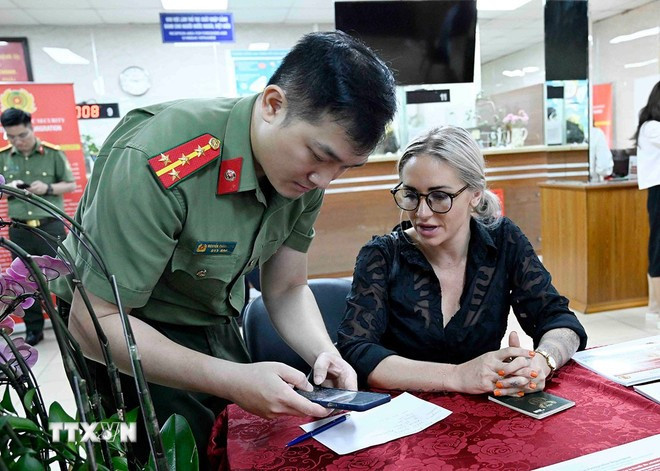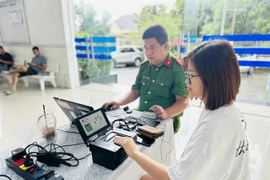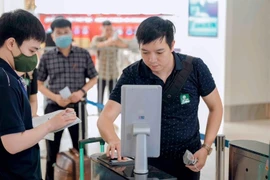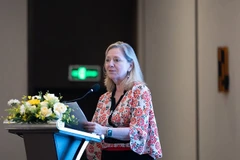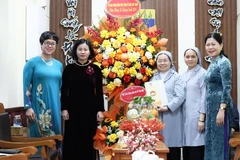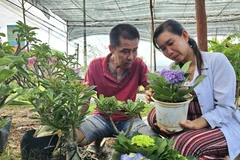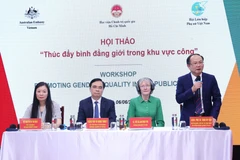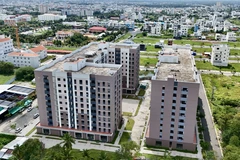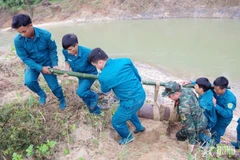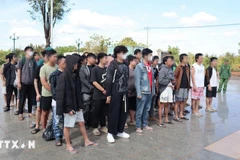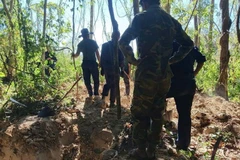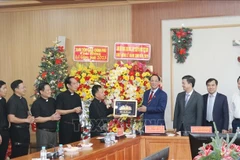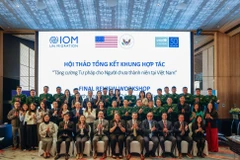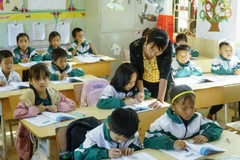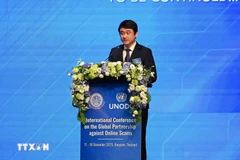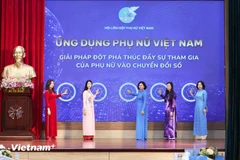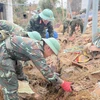Hanoi (VNA) – Vietnam began issuing level-2 electronic identification (e-ID) accounts for foreign residents in the country on July 1 as part of the national digital transformation agenda and governance modernisation efforts.
According to the Ministry of Public Security’s Immigration Department, foreigners holding valid temporary or permanent residence permits in the country are eligible to obtain the digital ID, making it easier for them to complete online administrative procedures while reducing processing time, paperwork and direct contact requirements. The system ensures authentication accuracy and protects legitimate rights during their stay in Vietnam.
The digital accounts unlock digital convenience for foreign residents, including authentication for banking transactions, property rental registration, access to public services, and storage of e-residence cards and legal documents on the VNeID application.
The Immigration Department and the Police Department for Administrative Management of Social Order jointly oversee the level-2 e-ID issuance process.

The registration process requires foreigners to visit immigration offices under the Ministry of Public Security to present passports or valid international travel documents, complete a registration form, and submit biometric data, including facial images and fingerprints. Once collected, the data is verified against the national immigration database. Successful registrations are confirmed via the VNeID app, phone number, or email.
Applications are accepted during working hours from Monday to Friday, excluding national holidays. The processing time is capped at three working days for applicants whose biometric data already exists in the national database, and no more than seven working days for those submitting new biometric data.
According to Deputy Director of the Immigration Department Colonel Nguyen Ba Tuan, prior to the rollout, his department conducted a trial run, receiving 333 applications and ensuring smooth operation of the level-2 e-ID system.
He said the ministry launched an intensive 50-day campaign for the issuance through August 19, aiming at raising the awareness of foreign nationals of the rollout and its benefits./.
